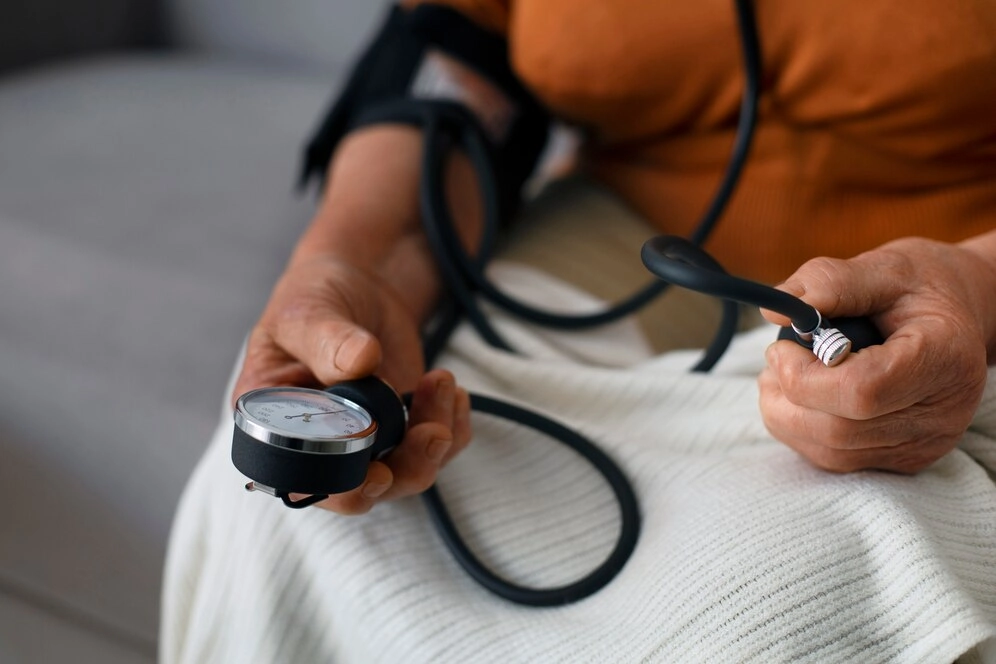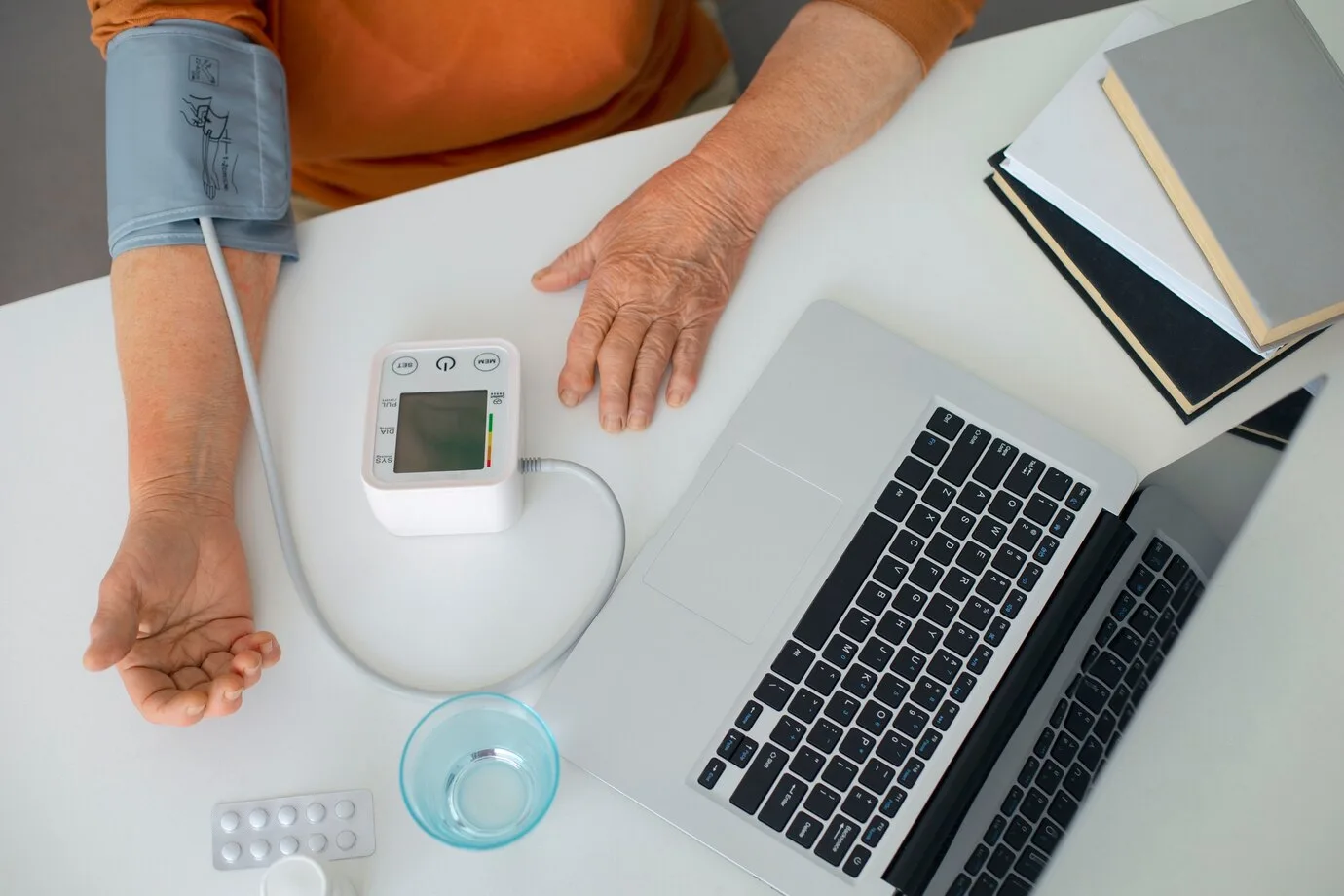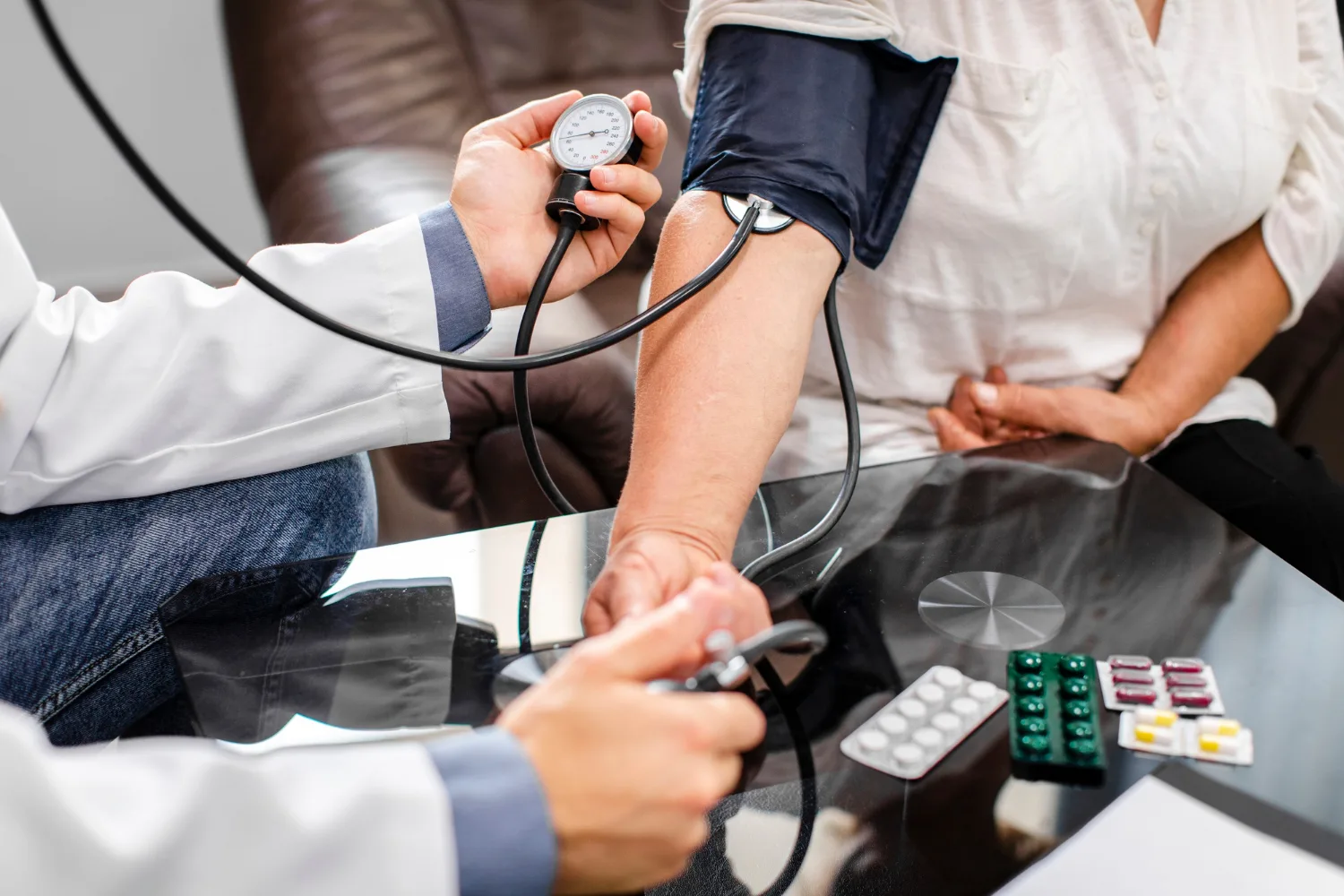High Blood Pressure (Hypertension): Symptoms, Causes, and Treatment
Category: Cardiology
High blood pressure, commonly referred to as hypertension, is a condition that many people encounter throughout their lives. As a team of healthcare professionals at Lokmanya Hospital, led by Dr. Shailendra Date, we frequently see patients who are unaware of their elevated blood pressure levels. Often, individuals attribute their health to daily activities and an overall sense of well-being. In this blog, we will explore what high blood pressure is, its silent nature, its effects on the body, and the importance of regular monitoring.
What is High Blood Pressure?
High blood pressure occurs when the force of blood against the walls of the arteries is consistently too high. This condition can lead to serious health complications if left unchecked. The normal blood pressure range is crucial for maintaining the body's overall health, and when it exceeds these levels, the risk of developing life-threatening diseases increases significantly.
The Doctor's Visit: A Common Scenario
Imagine visiting the doctor for a routine check-up or to discuss a minor issue, such as knee pain. During the conversation, the doctor may quietly measure your blood pressure, often without you realizing it. This can lead to a surprising revelation: your blood pressure is higher than expected. Many patients initially dismiss this, thinking, “I feel fine; I just climbed Sinhagad!” However, high blood pressure is often called a “silent killer” for a reason.
The Silent Nature of Hypertension
Hypertension can exist without any clear symptoms, making it easy to overlook. Many people continue with their daily lives, engaging in physical activities like cycling or swimming, completely unaware that their blood pressure is dangerously high. This hidden nature is what makes high blood pressure so dangerous. Without regular checks, people can live with this condition for years, only discovering it once serious complications arise.
Impact on the Body
High blood pressure has a significant impact on multiple organs, starting with the heart. The heart functions as the body's pump, and when blood pressure is high, the heart must work harder, leading to an increase in the muscle mass of the heart - a condition called hypertrophy. Over time, this can lead to detectable changes on an ECG or even an enlarged heart, visible on X-rays.
Hypertension also affects other crucial organs, including the brain, kidneys, and eyes. The eyes are particularly vulnerable; many people first notice vision problems or changes in eyesight and visit an ophthalmologist. During the eye examination, the ophthalmologist may detect damage to the retina and recommend further checks with a physician. This interconnectedness shows how one area of the body can reveal insights into overall health.
The Importance of Regular Monitoring
Upon hearing about their high blood pressure, many patients respond with disbelief, thinking, “I feel perfectly fine!” But it’s essential to recognize that just because you feel okay doesn’t mean your health is unaffected. High blood pressure can be a threat to anyone, whether young, middle-aged, or elderly. To protect your health, it’s essential to check your blood pressure regularly, ideally three to four times a year.
Taking a proactive approach by asking your family doctor to measure your blood pressure can make all the difference. Early detection allows for effective management, preventing the more serious consequences of untreated hypertension and contributing to a healthier, longer life.
Conclusion
High blood pressure is a significant health concern that requires attention and consistent monitoring. Often called the “silent killer,” it can be present without symptoms, leaving individuals vulnerable to long-term damage if left unchecked. Taking the time to monitor your blood pressure, even when you feel well, is crucial for maintaining good health.
By staying informed and proactive, we can all take steps to manage blood pressure and protect ourselves from the potential dangers of hypertension. Stay healthy, and don’t hesitate to check your blood pressure regularly!







